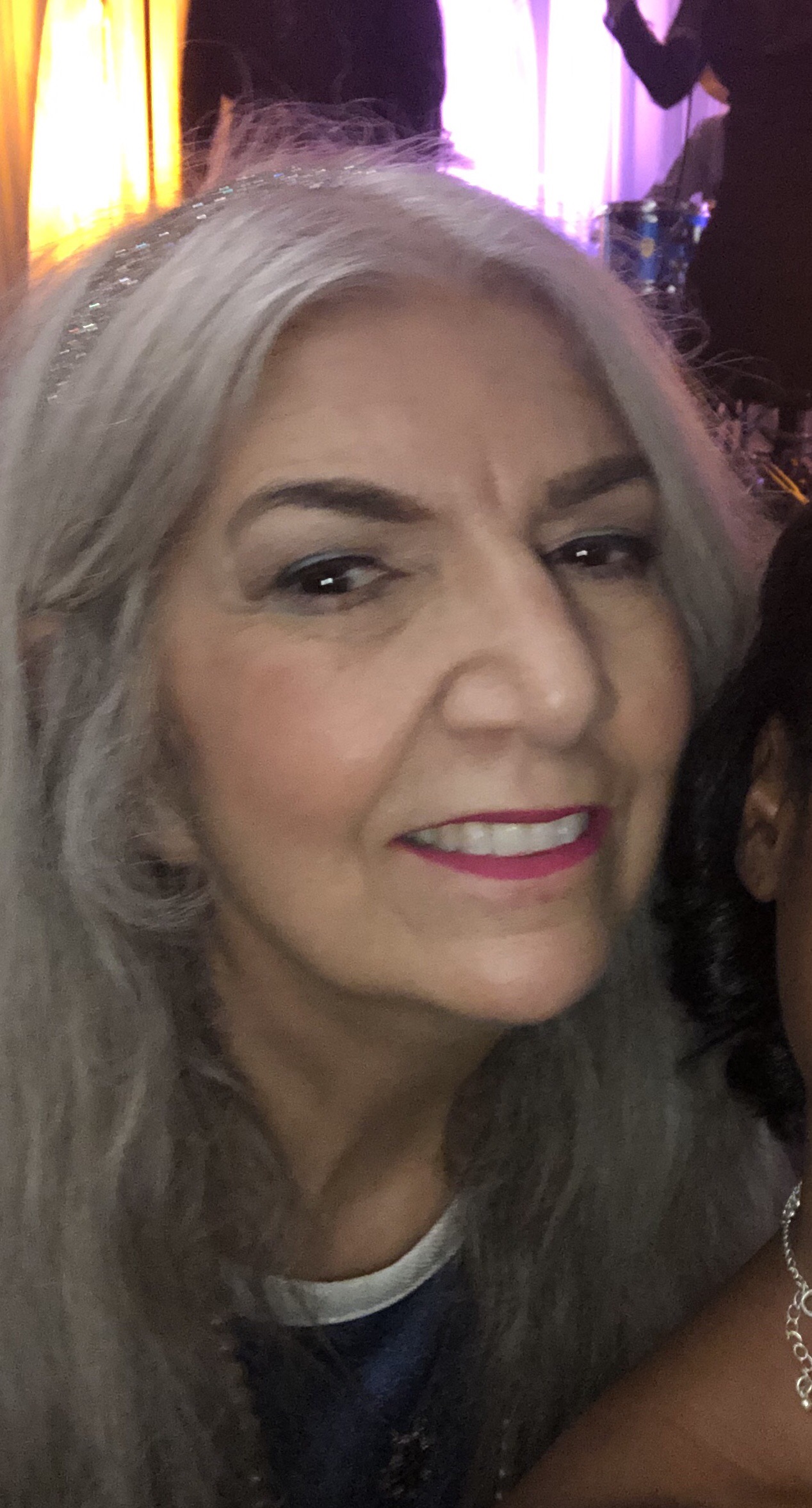Interested in learning Polish? Click below and check our online courses!
Learn PolishPolish verbs again
Polish
Ania Marysia published
almost 4 years ago

Pawel published
over 3 years ago
Hi Ania, let me try to explain...
Czasowniki przechodnie i nieprzechodnie
Czasowniki przechodnie, they have got both active and passive voice. For instance, the verb gotować to cook:
Ona gotuje obiad She cooks dinner
Obiad jest gotowany The dinner is cooked
However, czasowniki nieprzechodnie, there is only active voice. For instance verb spać to sleep: On śpi na łóżku He sleeps on the bed
Czasowniki dokonane i niedokonane
I think we talked about it before, this is also called aspekt dokonany i niedokonany. Basically the same verbs have slightly different forms depending on the meaning. Let's have a look at the verb to write pisać / napisać
If we describe not finished, repetetive action, we would use askept niedokonany:
Co tydzień piszę do niej list I write her a letter every week
But if we are talking in a certain, individual action, we would use aspekt dokonany.
Muszę napisać list I have to write a letter
A few more exaples czytać, przeczytać to read, gotować, ugotować to cook, robić, zrobić to do, oglądać, obejrzeć to watch
I hope this helps. When you see a verb in the sentence, try to notice its form and usage. Perhaps a good dictionary gives two forms of the verb and this may also be helpful ...